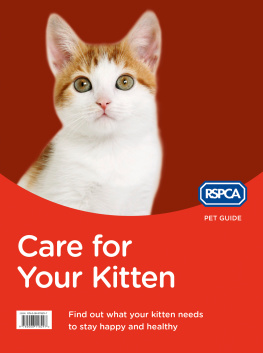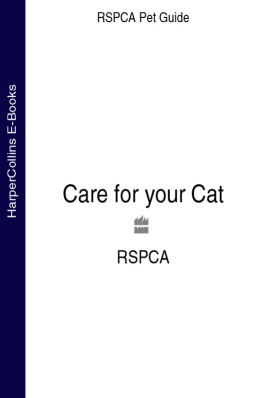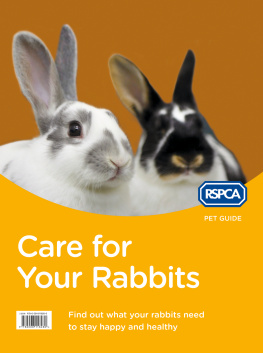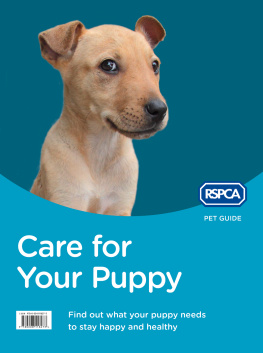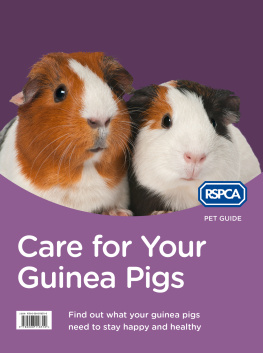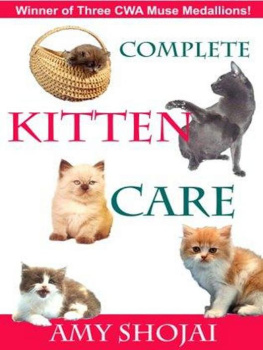Contents
Owning a kitten can be incredibly rewarding and a great source of companionship. Pets can provide opportunities for social interactions, helping people feel less lonely and isolated. Growing up with pets also offers health benefits, and caring for an animal can help improve a childs social skills, encouraging the development of compassion, understanding and a respect for living things. Having a kitten is, however, a huge responsibility and requires long-term commitment in terms of care and finances.
Before getting a kitten, it is important that time is taken to discuss the commitment and care required with all family members, and that everyone agrees to having and looking after a kitten in the home. Bear in mind that once you have your kitten there is a legal requirement under the Animal Welfare Act 2006 to care for them properly, so you must be sure that you will be able to do this throughout your kittens life. This means providing somewhere suitable for them to live, a healthy diet, opportunities to behave normally, the provision of appropriate company, and ensuring that they are well.
If you are able to care for a kitten properly and make the decision to go ahead, then please consider giving a home to one of the many kittens currently in the RSPCAs animal centres throughout England and Wales.
This book is based on up-to-date knowledge of cat behaviour and welfare approved by the RSPCA. It has been written to provide you with all the care information you need to keep your kitten happy and healthy throughout your lives together. We hope you enjoy it.
Samantha Gaines BSc (Hons) MSc PhD
Alice Potter BSc (Hons) MSc
Lisa Richards BSc (Hons)
Jane Tyson BSc (Hons) MSc PhD
Animal behaviour and welfare experts, Companion Animals Department, RSPCA
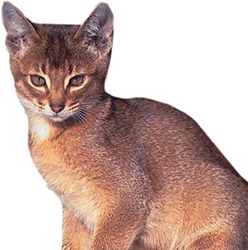
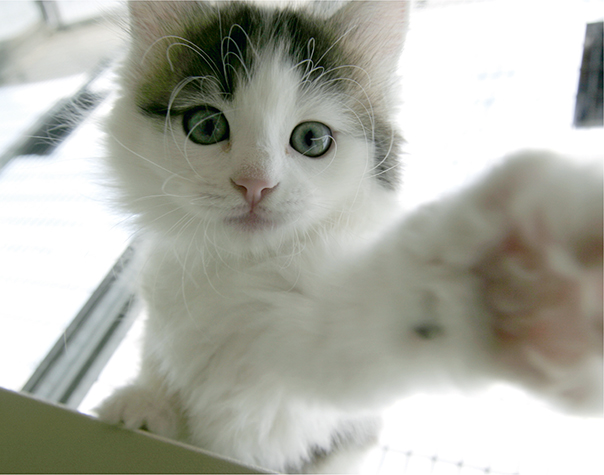
Andrew Forsyth/RSPCA
Owning and caring for a cat can be great fun and very rewarding. But it is also a big responsibility and a long-term commitment in terms of care and cost. Typically cats live for around 14 years, but some may live much longer, so before you get a kitten here are some of the things you need to consider:
Keeping a cat is costly
There is the initial expense of buying the kitten and everything they need, such as toys, bedding and litter. There are also long-term costs you should budget for, including food, insurance, veterinary care, neutering, vaccinations and the cost of catteries or pet sitters when you go on holiday.
Cats need space
Cats need space to exercise, climb, explore and rest undisturbed. Ideally most cats should have access to a garden or outdoor area where they can move around safely. They also need to be able to get back into the house at all times, day or night. One way that cats exercise is by scratching you will need to provide scratching posts and should be aware that your kitten may damage carpets and furnishings.
Cats need company
Cats enjoy and benefit from human company. Can you be around so your kitten is not left alone for long periods, and can you allow enough time each day for feeding, playing and grooming?
The right type of cat for your family
Take time to find out which type of cat will fit best into your familys lifestyle. While you may have a preference about the breed or sex, remember that every cat is unique. How a kitten behaves and fits into your family will depend on how they are treated and trained, as well as their individual character and temperament.
The Animal Welfare Act
Under the Animal Welfare Act 2006 it is a legal obligation to care for animals properly by meeting five welfare needs. These are: a suitable place to live, a healthy diet including clean, fresh water, the ability to behave normally, appropriate company and protection from pain, suffering, injury and illness. This care guide contains lots of information and tips to help you make sure these needs are met.
Life History
SCIENTIFIC NAME
Felis silvestris catus
GESTATION PERIOD
63 days (approx.)
LITTER SIZE
35 (average)
EYES OPEN
12 weeks (approx.)
WEANING AGE
4256 days
PUBERTY
From 4 months
ADULT WEIGHT
Varies greatly, can be up to 5.9kg (13lb)
LIFE EXPECTANCY
14 years (average)
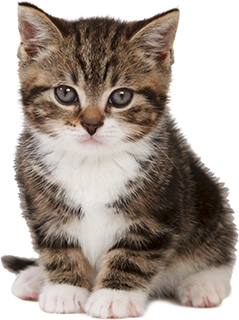
Becky Murray/RSPCA
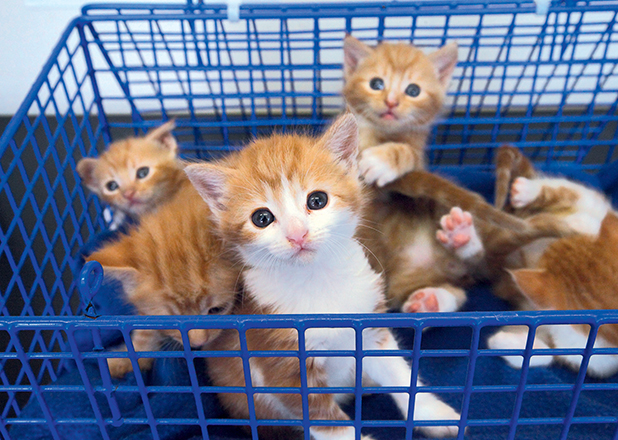
Joe Murphy/RSPCA
Both male and female kittens make excellent pets.
If you are certain that you will be able to care for a kitten, the next stage is to do plenty of research to decide which type of cat is right for you.
Sex
All cats are individuals, and there are no significant differences between male and female kittens, so both can make excellent pets. What sex you choose is a personal decision.
Whether you choose a male or a female, it is best to have your cat neutered. You may hear this referred to as being fixed, done or spayed for a female cat, or snipped for a male cat. Cats can reach sexual maturity at 4 months old, at which time female cats can get pregnant and will start to attract a lot of unwanted attention from nearby male cats. It is important to have her spayed before this time to protect her from getting pregnant while she is still a kitten herself. You may have heard that it is good for cats to have a litter of kittens before they are spayed, but this isnt true. Once she has been spayed, your female kitten will be able to do all the things cats enjoy doing, like going outdoors, climbing trees and playing.
Your boy cat will need to have a simple operation called the snip. This can stop him from spraying in your house to mark his territory, which can be very smelly, and getting nasty injuries from fights. He will also be less likely to wander off and get run over, as cats that are snipped tend to stay closer to home.
Purebred or crossbreed
Once youve decided on the sex of your cat, your next decision should be whether you want a purebred (the cats parents are both the same single breed) or a crossbreed (a mix of two or more breeds). There are advantages to both purebreds and crossbreeds, and your decision may depend upon your personal preference, situation and the circumstances of the kittens you are considering. When purchasing kittens that the breeders have registered as pedigrees, you will have a better idea of their parentage and what to expect in terms of their adult appearance. Genetic testing may also have been carried out to ensure that the kittens are not predisposed to particular conditions. On the other hand, crossbreeds are less likely to show the exaggerated physical features and inherited diseases that are present in particular breeds, although they can still inherit disorders from their parents breeds. They also generally cost less to buy and are cheaper to insure. Most cats in the United Kingdom are crossbreeds, so they are much more widely available.

